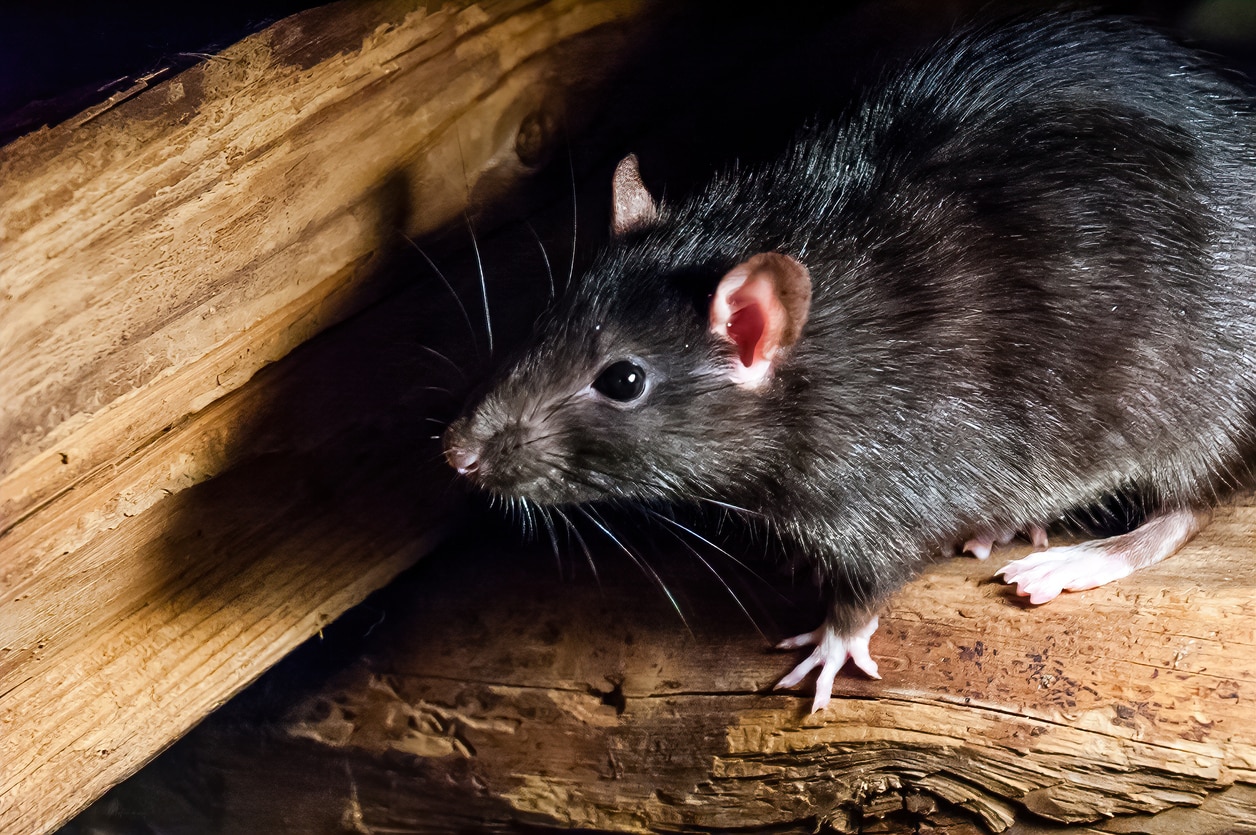Author: Kurt Treftz, Cascade Pest Control

Whether you’ve seen a mouse or rat or just the evidence they leave behind, you might wonder, hmmm, just how quickly CAN these critters reproduce?
Well, unfortunately, the answer is. . . fast. If left to their own devices and the warmth and comfort of your home, rodents can reproduce at a staggering rate.
Biological Factors the Impact Rodent Reproduction
Rodents are notorious for their rapid reproduction rates. They are biologically predisposed to further their population.
Sexual Maturity
The first factor in how fast rodent populations grow is how fast they reach sexual maturity. Rodents can become sexually active and able to reproduce in a matter of weeks.
- Mice: Sexually mature as early as 6 weeks old
- Rats: Sexually mature around 7-8 weeks
Gestation Period
The number of days from conception to birth in rodents is very short. Nowhere near the nine months that a human needs to grow a baby.
- Mice: 19-21 days
- Rats: 21-23 days
Litter Size
Another factor contributing to the speed at which rodents reproduce is their litter size. Each rodent pregnancy results in numerous pups that quickly grow their population.
- Mice: Can have litters of 4-12 pups.
- Rats: Can have litters of 6-12 pups.
Frequent Breeding
Rats and mice are also quickly fertile again and ready to reproduce. Most rodents can get pregnant again immediately after giving birth. This means multiple litters a year.
- Mice: anywhere from 5-10 litters/year
- Rats: average 6 litters/year but could have as many as 12
These factors combine to allow rodent populations to explode quickly. Even a tiny initial infestation can rapidly grow into a significant problem.
Environment Factors that Impact Rodent Reproduction
Of course, other factors can contribute to the rate at which rodents reproduce, and many are environmental. Under ideal circumstances, rodent populations can explode rapidly, but there can be other mitigating factors.
Malnutrition
Access to food and water can greatly impact a rodent’s ability to reproduce. When rats or mice are starving, they will be less likely to produce healthy pups. This also means pups are less likely to survive to adulthood.
Climate Conditions & Inadequate Nesting Material
Harsh weather and lack of shelter can also reduce rat and mouse populations. One reason that rodents might be making themselves at home in your home is to escape the elements. If they cannot create a proper nest, they may be unable to reproduce or keep their young alive.
Abnormal Light Cycles & Excessive noise
Another aspect that can have a detrimental effect on rodent reproduction is light and noise. When abnormal light cycles impact rats and mice, it can interfere with their reproduction ability. In addition, excessive noise can result in rats and mice aborting, abandoning, or even eating their young.
Overcrowded Conditions
If rodent populations become overcrowded, this can also reduce pest populations. Resources are strained and populations are diminished.
Sickness or Exposure
Of course, illness and exposure can also limit rodent populations. Ensuring that rats and mice never get a foothold in your home is essential in reducing rodent populations.
If you do find yourself facing a small army of furry invaders, turn to the rodent experts at Cascade Pest Control. Our technicians are ready to help you eradicate these rapid reproducers and keep rodents out! Call 888-989-8979 today.
